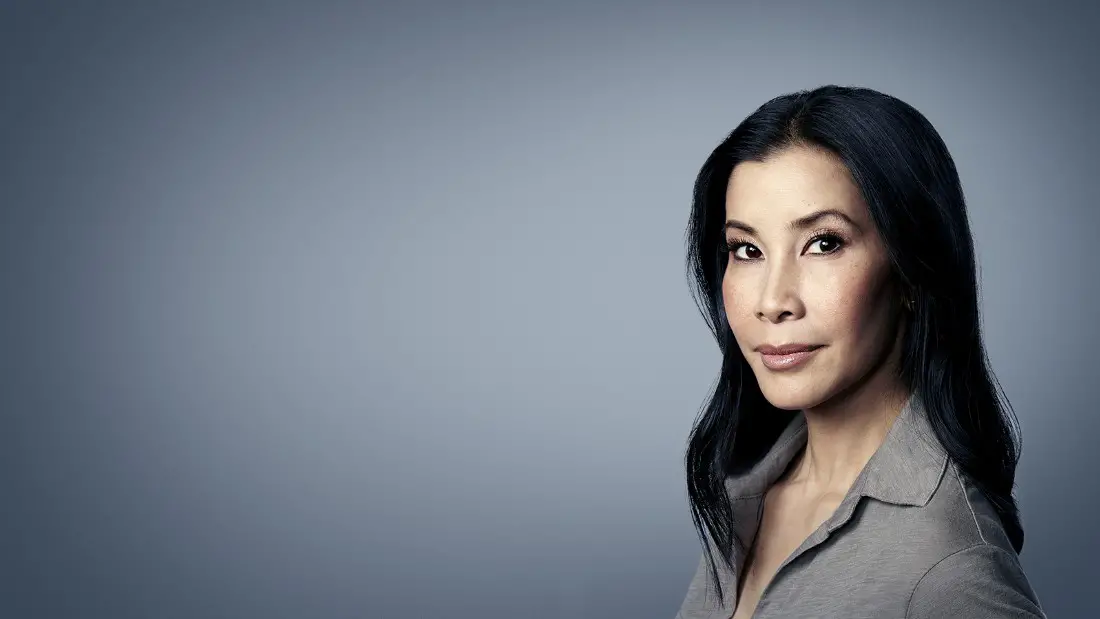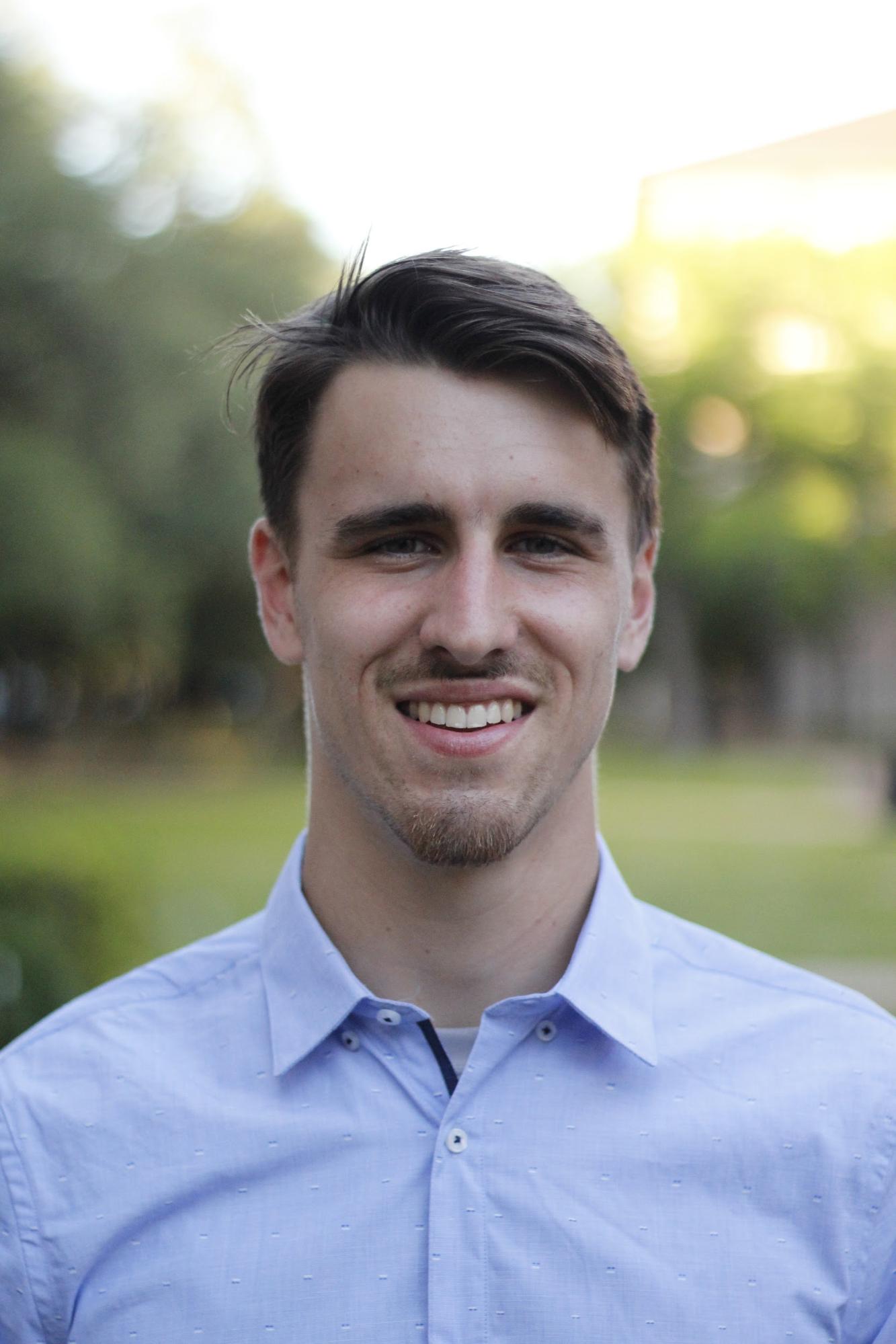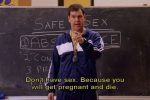I still cringe and crack up inside at the thought of my fifth grade sex-ed class. The teacher would get so frustrated by kids snickering whenever he said “penis” that he would just yell it out every five minutes or so at the top of his lungs, as if using kryptonite against the enjoyment we got from the awkward humor of it all.
This was after he had started off the beginning of sex-ed by announcing: “Everyone has it! I have it, Mrs. Rever has it, even your parents have it!” Instead of following the dry curriculum, he engaged students.
Looking back I can tell he was reluctantly embracing the same role Lisa Ling has taken on as a CNN journalist in her three part documentary, “This Is Sex,” as well as in her extensive interviews with sex workers, swingers, people with HIV facing obstacles to treatment and people who identify as LGBTQ who remain unaddressed by sex ed in the United States. The role Lisa Ling takes on is that of an educator, an open resource and someone who takes a stance against the stigmatization of sex.
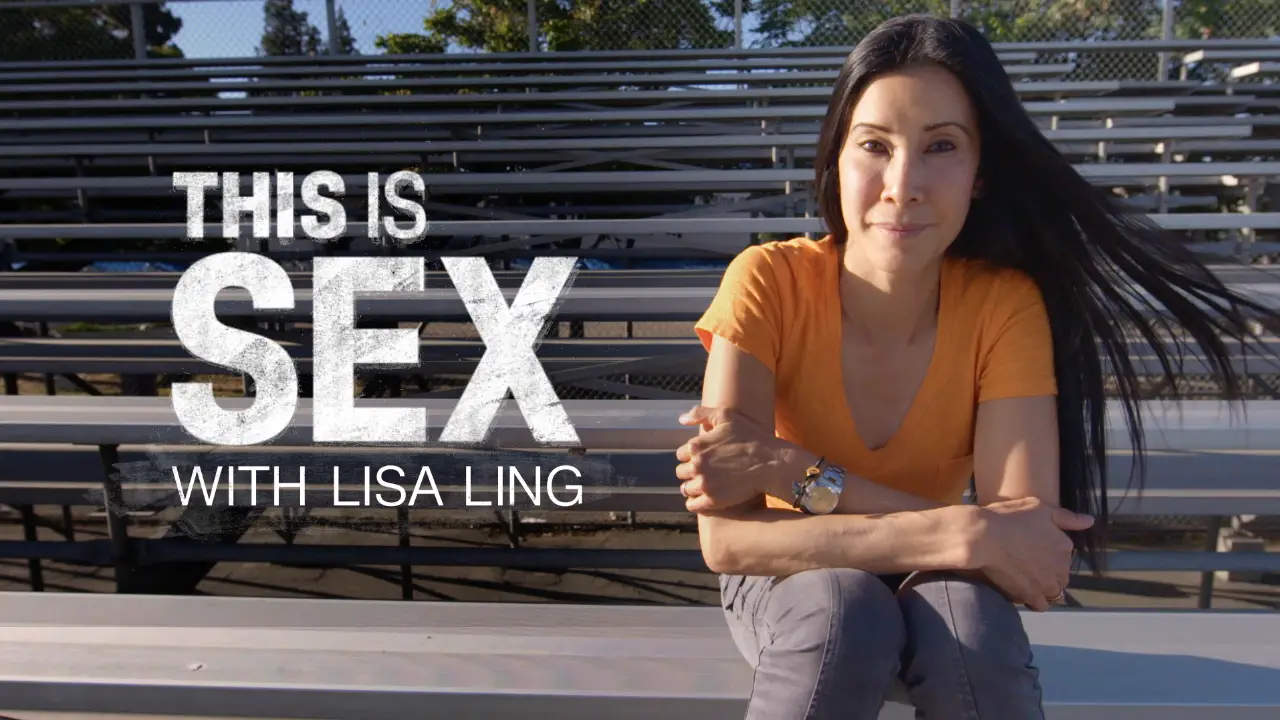
“This is Sex” encourages normalization of conversations about sex and makes the case that schools should inform students about healthy sexual choices without directing them towards any particular lifestyle, religious or secular.
“This is Sex” advocates for a conversation with America’s youth that is very unlike the abstinence-only models of teaching still prevalent in most of the U.S. Lisa Ling’s visits to schools across the country emphasize how ludicrous attitudes that look down upon ideas like providing free condoms to students are deeply rooted in abstinence-only teaching and will be slow to shift.
The documentary is effective because Ling is relatable — like many young viewers for whom shame has been a barrier to exploration and becoming adequately knowledgeable about sex, Ling learned at a young age that nudity was taboo. Her grandma told her not to be seen naked even by her own husband, and unsurprisingly she doubts whether her mother ever “allowed herself to enjoy sex.”
Ling made mistakes throughout her life that were preventable, unnecessarily leaving herself open to unwanted pregnancies and STDs because her education failed her, at home and at school. Her parents only let her even attend sex ed after the teacher visited her house personally to talk to her dad. Because she came from a background that encouraged silence, her outspokenness is even more inspiring.
While I haven’t been directed away from sex as forcefully as Lisa Ling may have been, my own family’s lack of discussion reinforced a prevalent notion that certain conversations were simply out of bounds.
I’ve taken some risks knowingly, but the event that made me most aware of how I was affected by the stigma surrounding sex was one where I was sure I was taking no risk: using oil as a lubricant. Motivated by a late period text from an ex-girlfriend to make sure that using oil was in fact as harmless as it had always seemed, I recall feeling stupid as I read it actually makes condoms porous because it’s not water based. Unequipped to make the right decision, I had walked the line between fatherhood and child-free adolescence many more times than I would have ever wanted to.
Had I been taught to understand my desires as natural in a scientific way instead of manifestations of sinful desire, I would have also felt the responsibility to handle them more safely. Like countless teens interviewed in “This Is Sex” and like many of you, I had no way to judge what a healthy sex life even was besides talking to my friends who relied equally as much on me for guidance.
But, educators could talk all day about lube and the stigma would still remain, because shifts in attitudes have to start at a fundamental level. The best example of this need for a shift in attitude from “This Is Sex” is Ling sitting in on a class taking a quiz on sex vocabulary as part of a “comprehensive sex-ed” curriculum.
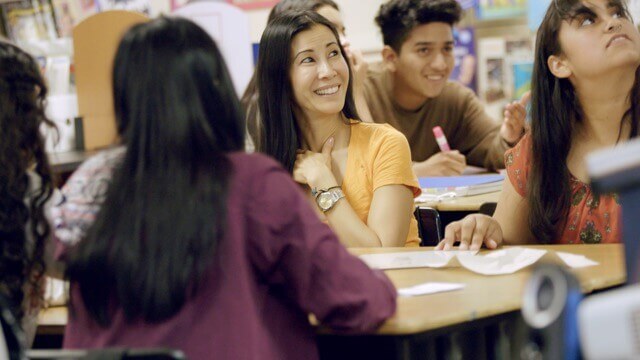
Naming things explicitly shows respect while leaving terms unspoken or hidden is dismissive of their importance. Before watching “This Is Sex,” “eating her out” might as well have been the only name in existence for giving a girl oral, but watching kids in James Monroe High School in Los Angeles tell their teacher that the proper term is “cunnilingus” fortunately enlightened me, and reminded me how minimal my sex-ed really was.
Comprehensive sex-ed is rare, and the discrepancies across the country in sex-ed cause severe disparities in health (scroll to the bottom of the link to see). Twenty-six states require that abstinence is the emphasis of lessons, and in eleven states the only requirement at all for programs is that abstinence be included.
The states which have the highest rates of STDs and teen pregnancies include Texas, Louisiana, Mississippi, Arizona and Arkansas, none of which mandate any form of sex-ed to be taught, but mandate that if it is given it must emphasize abstinence. As Thought Co puts it: “there seems to be an ironic correlation between states with conservative politics around sex education and contraception and high rates of teen pregnancy and birth.”
The variation alone in levels of education is unacceptable, as is the rigidity of enforcing abstinence-only teaching when studies have found no evidence that it works. As the Guttmacher Institute keenly notes the worst aspect of it is that it “withholds life saving information.”

In sum, it’s not like our entire country is falling apart, but our rural communities and black communities are suffering more and more while the rest of the country improves. Think Progress stated “While teens across the country have largely been having less sex and using more contraception, teens in rural areas have actually been having more sex and using birth control less frequently.”
Similarly, because of the lack of awareness, STDs disproportionately affect black communities. In fact, 2016 study concluded that African Americans were over eight times more likely to be diagnosed with HIV than Caucasians.
While those stats give a glimpse of what the reality is, Ling’s “This Is Sex” personally introduces those harmed by the disparities in sex-ed education and gives them a voice. It’s a jolting wake up call.
We have a long way to go; freedom to think and talk openly will come before overall health improves. It’s good that sex vocabulary like cunnilingus sounds boring — it’s not good that we are not used to it being boring. We are used to it being thought of as dangerous. We are used to saying “it” instead of sex.
We are used to categories like good or bad, active or abstinent, gay or straight, or safe or unsafe when these only represent opposing poles of multiple spectrums. Using condoms with oil as lube is unsafe, but not as unsafe as sex without condoms altogether. Nuance is inherent. Yes means yes, but people need to know how to read body language and know when their partner may be getting uncomfortable.
More than anything, we need to be comfortable with discussion and learning, unlike kids such as myself were in fifth grade. We shouldn’t need somebody to yell “Penis!” to get us to realize that our discomfort enforced by taboos and stigma is getting in the way of education, but we clearly we do. Because that’s basically what “This Is Sex” is: a shout to the entire country to pay fucking attention!


